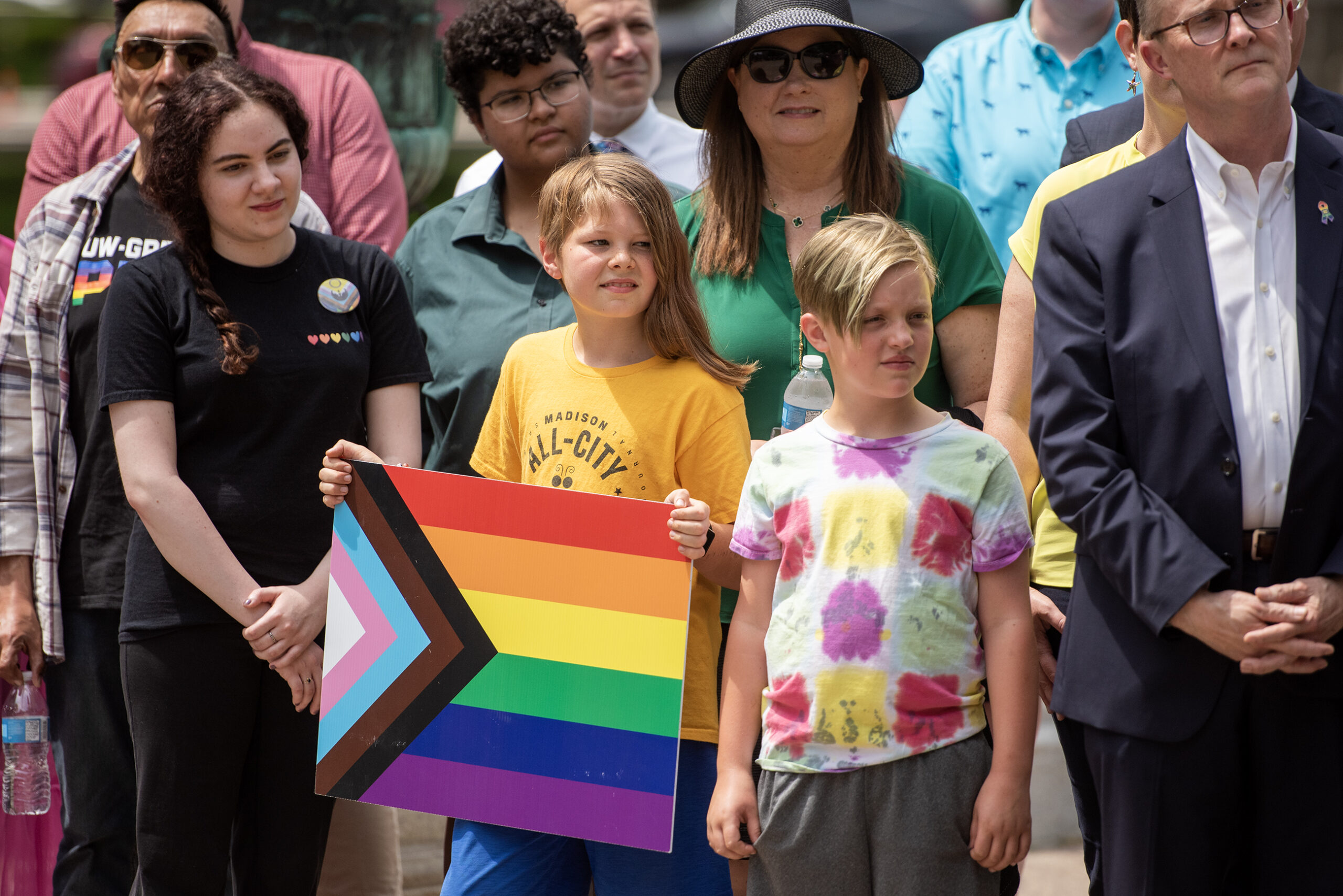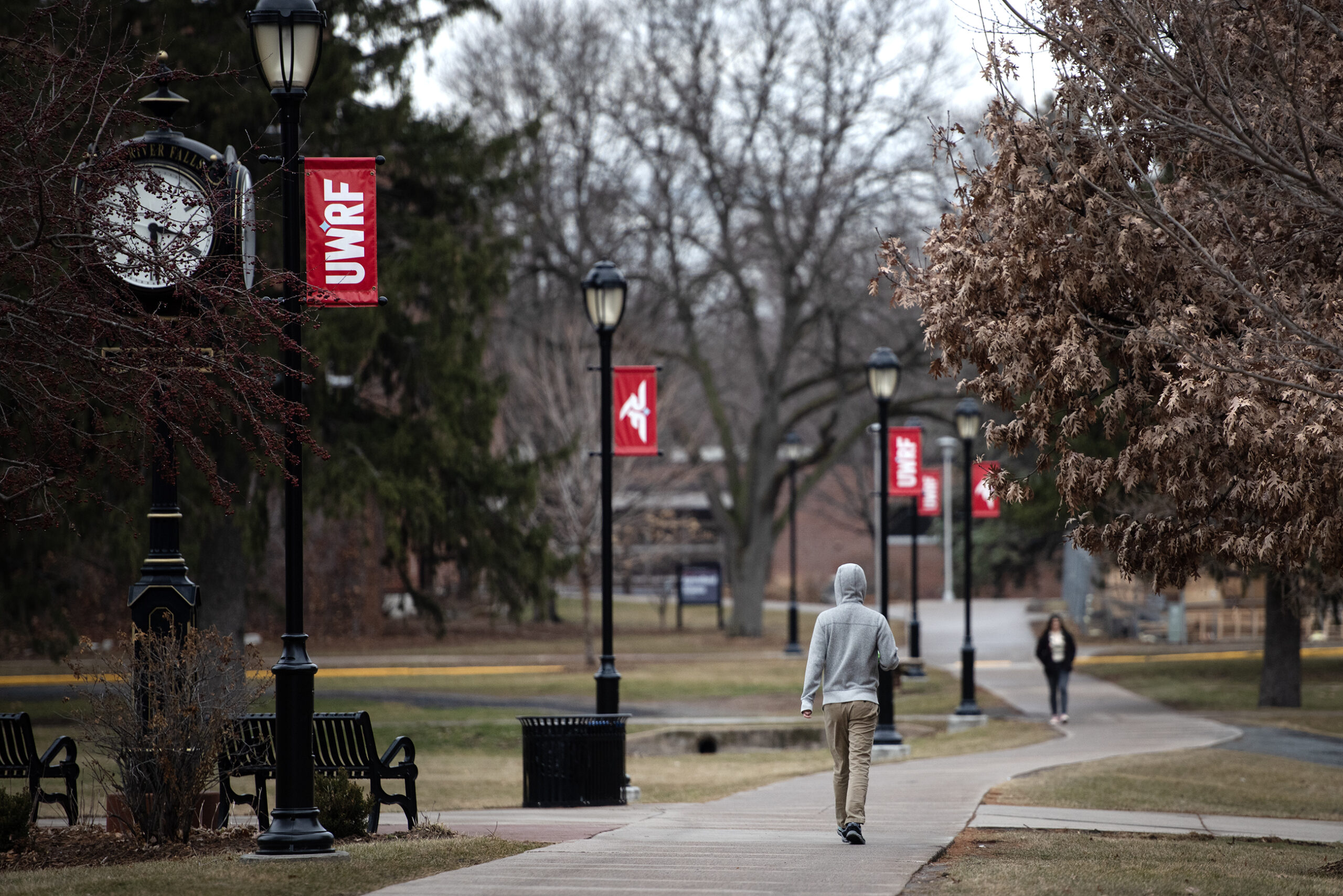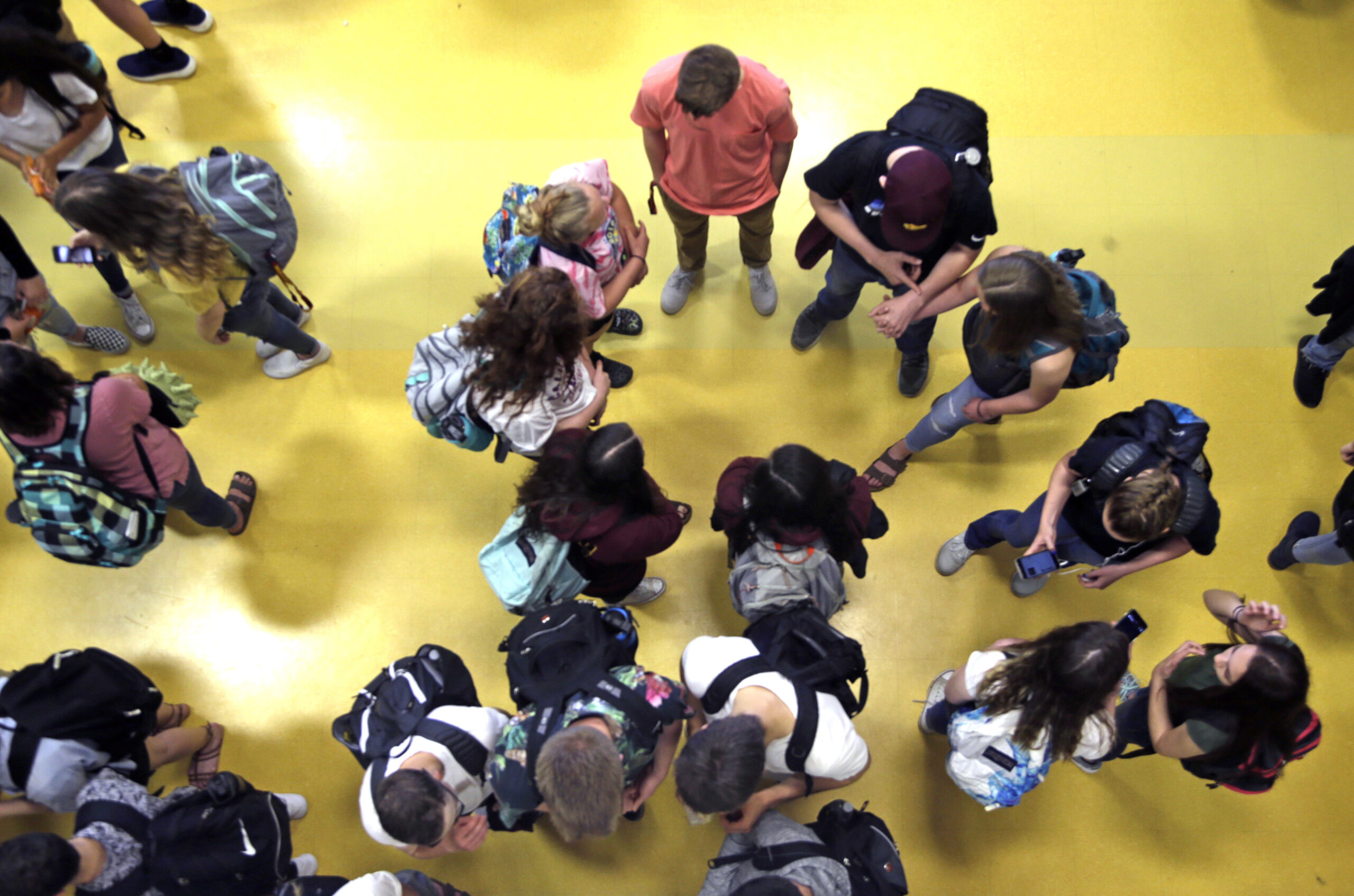A new behavioral health program at Carroll University in Waukesha is successfully helping students treat anxiety and homesickness, according to the program’s founders.
Under Carroll’s Wellness Advocate initiative, two graduate students in behavioral health psychology are focusing on students deemed most in need of support. One advocate works in the residence halls while the other works with student-athletes.
On WPR’s “Wisconsin Today,” Jessica Lahner, director of the Behavioral Health Psychology Program and a clinical associate professor of behavioral health psychology at Carroll, said the idea for the program came after university leadership noticed a rise in depression, anxiety and other behavioral health issues among students.
Stay informed on the latest news
Sign up for WPR’s email newsletter.
“Students didn’t really need a licensed counselor, per say, but they needed some level of support for their behavioral and mental health that we just didn’t currently have at Carroll to help them be successful,” she said. “And because it’s not counseling, per se, I think it reduces some of the stigma or trepidation that might come with making an appointment with a counselor.”
Many college-age students now have unique struggles with anxiety or socialization since the COVID-19 pandemic interrupted their adolescence, according to Lahner. While wellness advocates are meant for anyone who needs the help, she said the program is especially targeted for students who dealt with COVID through their high school or middle school years.
Lahner was one of the principal drafters of Carroll’s initiative, along with Jake Eisch, director of student conduct and social responsibility at Carroll’s Division of Student Life. Eisch told “Wisconsin Today” that he serves as a “sounding board and connection” for the advocates. He said it’s vital that Carroll’s students are aware that there are people on campus they can talk to.
“(The advocates) have been students too and they understand all the pressures, all of the life stuff that happens when you are a student, all of the things that you’re trying to balance as it relates to studies and personal connection, social connection and finances,” he said. “They’re there as peer support for ongoing maintenance and connection and check-in and conversation.”



